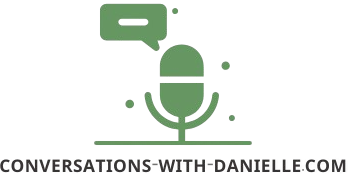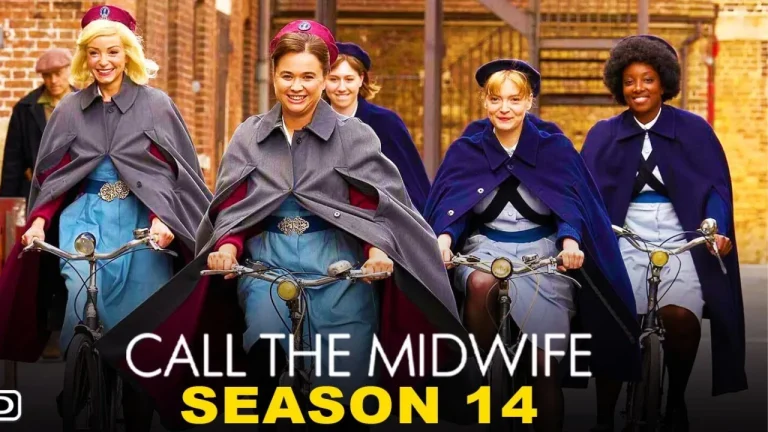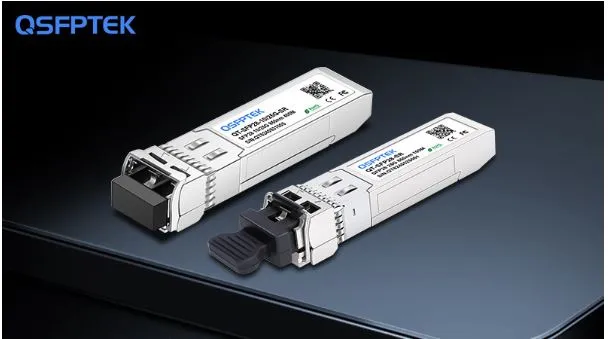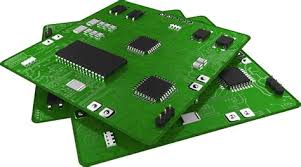+44 300 123 2323: Official NHS Blood and Transplant Number
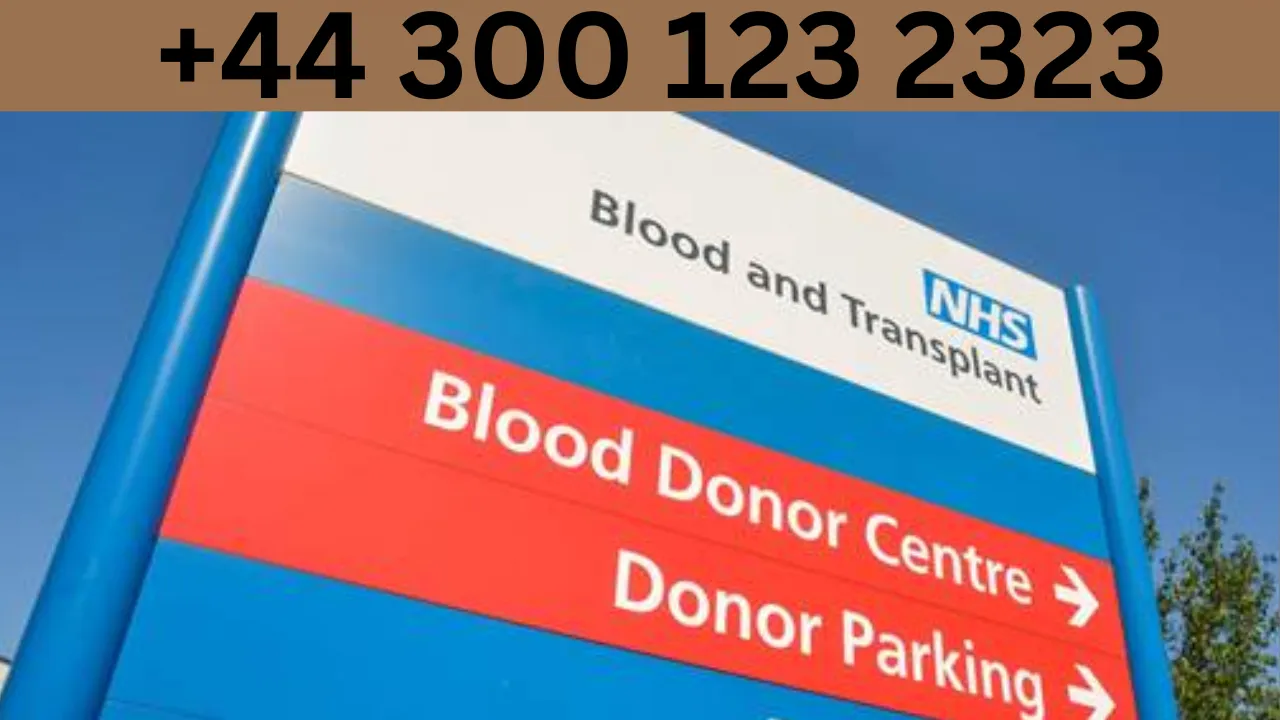
Have you ever received a call from +44 300 123 2323 and wondered who it was? You are not alone. Many people across the UK have seen this number pop up on their phones. Some ignore it. Others grow curious or even concerned. If you are unsure about this number, this article will explain everything you need to know.
In this blog, you’ll learn the origin, purpose, and importance of this phone number. We’ll also discuss whether the call is safe and how you should respond.
What is +44 300 123 2323?
+44 300 123 2323 is the official contact number for NHS Blood and Transplant (NHSBT) in the United Kingdom. This number is used by NHSBT to reach out to blood donors, organ donors, and those interested in becoming donors. If you receive a call from this number, it usually relates to booking a donation appointment, confirming existing details, or informing you about donation campaigns. It is a trusted and legitimate number used by a government health organization, not a scam or marketing call. Responding to calls from this number helps support essential healthcare services and can even save lives.
Who Uses the Number +44 300 123 2323?
The phone number +44 300 123 2323 is registered to NHS Blood and Transplant (NHSBT). This is a special unit of the National Health Service in the UK. It handles blood donation, organ donation, tissue donation, and transplant services.
NHS Blood and Transplant contacts individuals for important reasons. If you’ve donated blood before, you may get calls to schedule your next session. Sometimes, they call to update your personal details or share information about donation needs in your area.
This number is used to coordinate and improve life-saving donation services.
Is a Call from +44 300 123 2323 Safe?
Yes, a call from this number is completely safe. It is not a scam or telemarketing number. You can trust the call and answer it without worry. It is from a government-backed organization that works hard to help save lives.
If you are still unsure, you can verify the number directly on the NHS Blood and Transplant website. You can also contact them through their official support email or phone line to confirm the caller’s identity.
In short, this number is real, secure, and serves a valuable purpose.
Why NHSBT Might Call You
There are several reasons NHS Blood and Transplant may try to reach you. The most common are listed below:
- Scheduling a Donation: If you’ve given blood before, they may call to book another donation slot.
- Cancellations or Changes: They could be calling to inform you of updates about your scheduled appointment.
- New Campaigns: NHSBT sometimes calls during special drives or when they urgently need donors.
- Feedback Requests: You may be asked for your experience or thoughts to improve their services.
+44 300 123 2323 plays an essential role in keeping donation programs active and efficient.
What If You Miss a Call from this Number?
If you don’t answer a call from +44 300 123 2323, you may get a voicemail asking you to call back. It’s best to return the call at your earliest convenience. Donor services often rely on quick responses to manage urgent needs.
Returning the call helps you stay involved and ensures you don’t miss out on helping someone who may be in dire need of blood or an organ transplant.
If you’re unsure, here’s what you can do:
| Step | What to Do |
|---|---|
| 1 | Visit the NHSBT website |
| 2 | Verify the number +44 300 123 2323 |
| 3 | Call back and confirm your identity |
| 4 | Ask for the reason they called |
Always make sure to respond if you’re a registered donor or if you signed up to help in the past.
How to Reach NHS Blood and Transplant
If you want to get in touch with NHSBT yourself, here are some helpful contact options:
| Method | Details |
|---|---|
| Phone | +44 300 123 2323 |
| SMS | Text 07860 034343 |
| Use the contact form on the NHSBT website | |
| Textphone | 18001 0300 123 2323 for hearing support |
These services help people from different backgrounds, including those with hearing difficulties.
NHSBT encourages everyone to stay in touch. Whether you want to donate again or just update your contact info, their team is ready to help.
Can You Trust +44 300 Numbers?
Many people are suspicious of unknown numbers. This is understandable, especially with the rise in scam calls. But 0300 numbers are special. They are non-geographic numbers created specifically for public services and non-profits.
+44 300 123 2323 falls into this category. It is designed for official use by an NHS service. These numbers are not premium rate, and they are not used for advertising or spam.
Here’s a quick comparison to clear up the confusion:
| Number Type | Used For | Safe? |
|---|---|---|
| 0300 | NHS, Police, Government | Yes |
| 0845 | Customer support, sometimes paid | Sometimes |
| 0800 | Toll-free services | Yes |
| 07xxx | Mobile numbers (can be spam) | Depends |
So, if you see a call from this number, don’t panic. It’s just NHSBT doing their important work.
Also Read: Call of the Wild Zoo: Guide to Essex’s Wildlife Haven
Stories of Real Impact
Donating blood or organs isn’t just a kind act—it can be life-saving. The calls from +44 300 123 2323 are part of a larger mission to protect public health.
Many people who received a call from this number have gone on to save lives. For example:
- Lisa from Leeds got a call and donated blood two days later. Her blood helped three patients in urgent care.
- Tom in Birmingham became a platelet donor after being contacted by this number.
- An organ match was found for a transplant patient because a donor answered this call and confirmed availability.
Every answered call matters. Every action counts.
Also Read: First Call Contract Services: Guide to Staffing Solutions
NHSBT Campaigns You Should Know About
Throughout the year, NHS Blood and Transplant runs several campaigns. These efforts often begin with phone calls from this number.
Some recent campaigns include:
- Black Donor Appeal: To encourage more Black blood donors due to a specific patient need.
- Rare Blood Type Drive: Focusing on donors with rare blood groups such as Ro.
- COVID-19 Plasma Donations: Collecting plasma from recovered patients for antibody treatments.
All these campaigns rely on communication—and that often starts with a phone call.
Also Read: Call the Midwife Cyril: His Journey of Love, Loss & Hope
What Should You Do If You Are Called?
If you receive a call from this number, here’s how you can respond:
- Answer the call. It’s a safe number.
- Speak kindly with the representative.
- Ask questions if you’re unsure.
- Confirm details and update your information if asked.
Remember, you’re helping a national mission to save lives. There is no pressure to donate, but your willingness to talk makes a big difference.
Also Read: Conditional Call Forwarding Active: Full Guide and Benefits
Final Thoughts
Calls from +44 300 123 2323 are not random or harmful. They are part of the NHS Blood and Transplant’s vital outreach program. The goal is to connect with people who can support life-saving efforts by donating blood, plasma, tissues, or even organs.
This number is used with care, respect, and for good. You can answer it knowing that your response could lead to saving someone’s mother, brother, or friend. It’s not just a call—it’s a lifeline.
So next time you see this number appear on your screen, take a moment to pick up. You never know what incredible impact that one call might have.
Also Read: Be1Crypto.com Blockchain: A Next-Gen Crypto Platform
